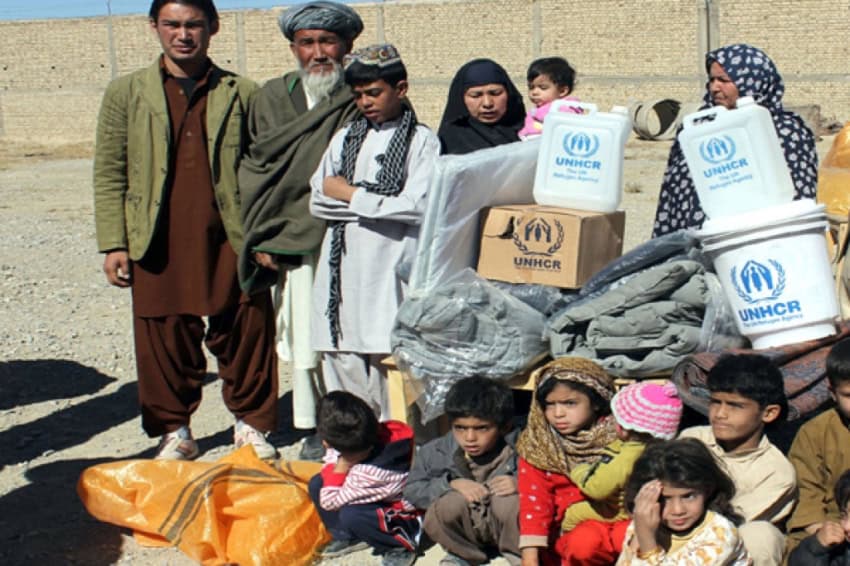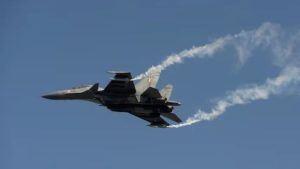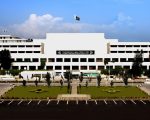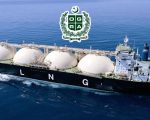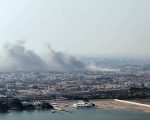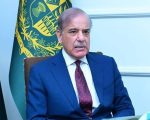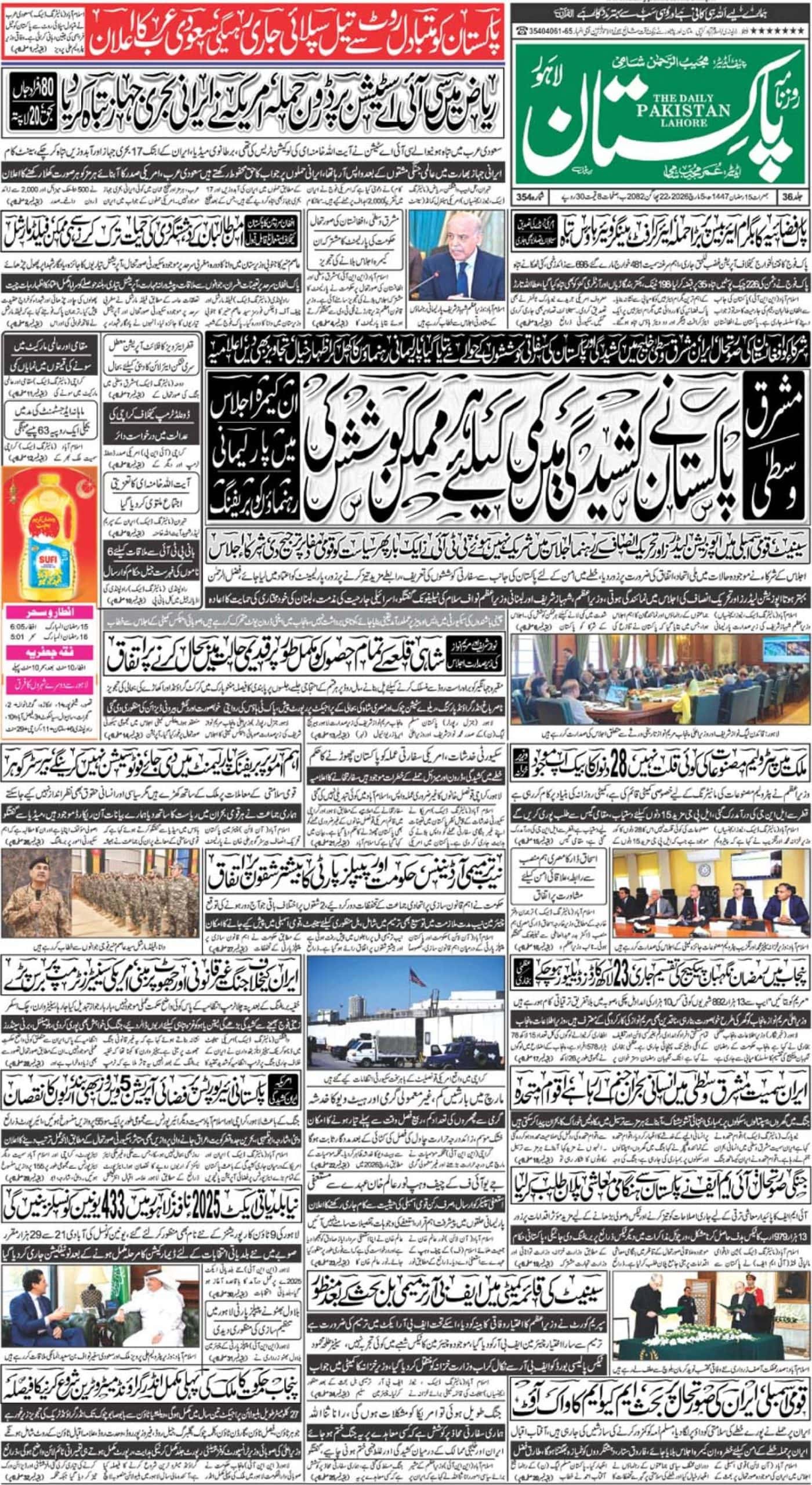World Refugee Day is celebrated on June 20 every year to draw global attention to the plight and suffering of people forced out of their home countries by war, conflict and persecution. As per the United Nations High Commissioner for Refugees (UNHCR), nearly 80 million people have been forced to flee their countries and nearly 26 million of them are minors. Without a proper safety net, the refugees depend entirely on the altruism of fellow human beings and governments that do not represent them. These men, women, children and elders, drifting in search of safety are most susceptible to hunger, disease, and a host of other adversities and therefore in need of constant support from the world community.
Pakistan hosts the third-largest refugee population in the world, currently standing at 1.4 million people. These are mostly Afghan citizens who fled the 1980s Afghan war and found refuge in Pakistan. Afghan refugees were received with open arms in Pakistan and offered a home away from home. The people and government of Pakistan not only extended necessary support to help the families settle down but also allowed them to work or start businesses to gain financial independence. A rich historical and socio-cultural heritage shared by both nations helped them assimilate well into Pakistani society.
Pakistan continues to support and uplift the socio-economic conditions of these families, who have several generations born and grown up here now. As regional dynamics are fast-changing, it is important to ensure the socio-economic well-being of refugees. Refugees face multi-dimensional poverty and remain susceptible to exploitation during social turmoil. The Government of Pakistan and international humanitarian agencies’ efforts for the socio-economic development of thousands of Afghan youth have saved them from being recruited and used as fodder for wars in the region.
Pakistan Poverty Alleviation Fund (PPAF), a leading institution focused on eliminating poverty in Pakistan is undertaking remarkable efforts for uplifting Afghan refugees in Khyber Pakhtunkhwa and Balochistan. PPAF’s poverty graduation approach merges elements of social mobilization, livelihood development and financial inclusion, combining support for immediate needs with longer-term support for the development of human capital and assets. PPAF piloted its Poverty Graduation Program (PGP), funded by UNHCR in 2019 in Swabi, KP and Pishin, Balochistan. In 2020, the program was expanded to Mansehra, KP and Chagi, Balochistan. All these districts were prioritized for intervention by UNHCR due to the presence of a high number of refugees and extreme levels of poverty and socio-economic inequality.
The objectives of the program align well with the regional Solutions Strategy for Afghan Refugees (SSAR), formulated by Afghanistan, Iran and Pakistan, with collaboration with UNHCR to support voluntary repatriation, sustainable reintegration and assistance to host countries (SSAR).
The program focuses on fostering sustainable economic development of refugees and the host communities by helping them achieve dignified standards of living and acquire transferable skills to enhance their economic independence.
The Poverty Graduation Program has proved instrumental in fostering sustainable economic development of refugees and the host communities by helping them achieve dignified standards of living and acquire transferable skills to enhance their economic independence. Since its inception, thousands of families have been enabled to develop sustainable livelihoods, while ensuring food security and enhancing self-reliant economic and social coping mechanisms.
Under PGP, PPAF through its partner organizations namely IDEA and Taraqee Foundation has held 165 focused group discussions and community meetings to deliberate interventions and 2585 assets including shops, grocery and general stores, livestock, paramedics, cosmetics, machinery, plumbing, mobile repairing, automobile & electrician services equipment etc. were transferred to help community members achieve sustainable financial independence. The interventions benefitted more than 18000 members in thousands of households in the target districts catalyzing sustainable economic development in two of the most underprivileged areas, populated by refugee families.
Bibi Wasila lives at Killi Niamatullah, Chagi camp with her in-laws, husband and children. Her husband Saddam, a daily wage worker had a hard time supporting the large family. PPAF and UNHCR gave Wasila 40 layer hens, and necessary equipment and supplies to help her initiate her own poultry business. Now, the family earns an additional income of up to Rs 360 daily by selling eggs. Boshra, a resident of Killi Amanulllah, refugee camp received tailoring assets and now contributes PKR 1000 to 1300 to her family income on daily basis. Hundreds of similar success stories continue to emerge from the previously impoverished localities, giving necessary impetus for further expansion of the program.
This World Refugee Day, we must keep the support coming for refugees. The global concern for refugees should not diminish until the last of them has been repatriated with the assurance of a sustainable livelihood and safety in the home country. Moreover, global support should also go to the host nations whose socio-economic system is bearing the colossal additional burden. While the Covid-19 pandemic has severely strained the global health and economic system, imagine the top three nations hosting millions of refugees are all developing countries.

